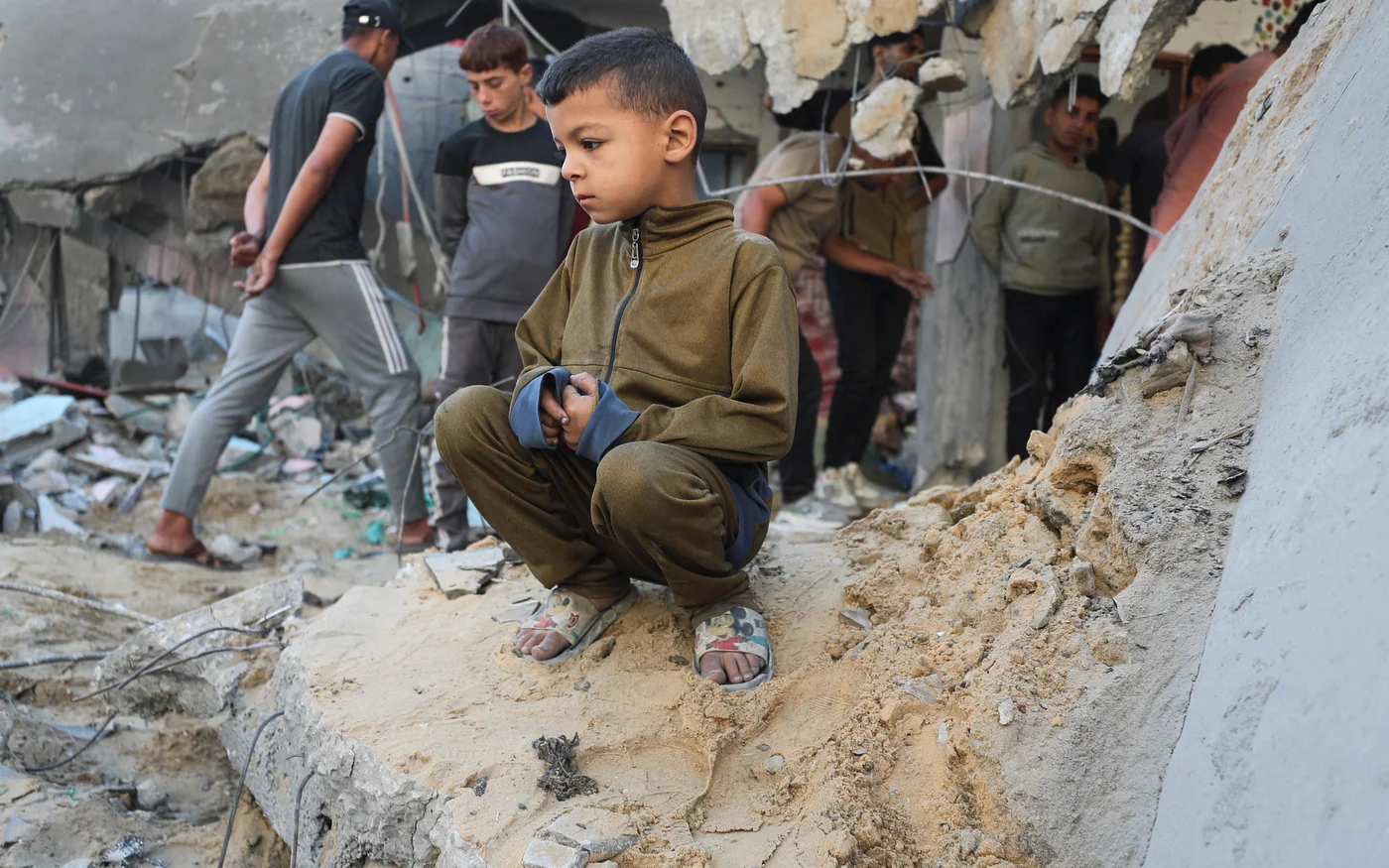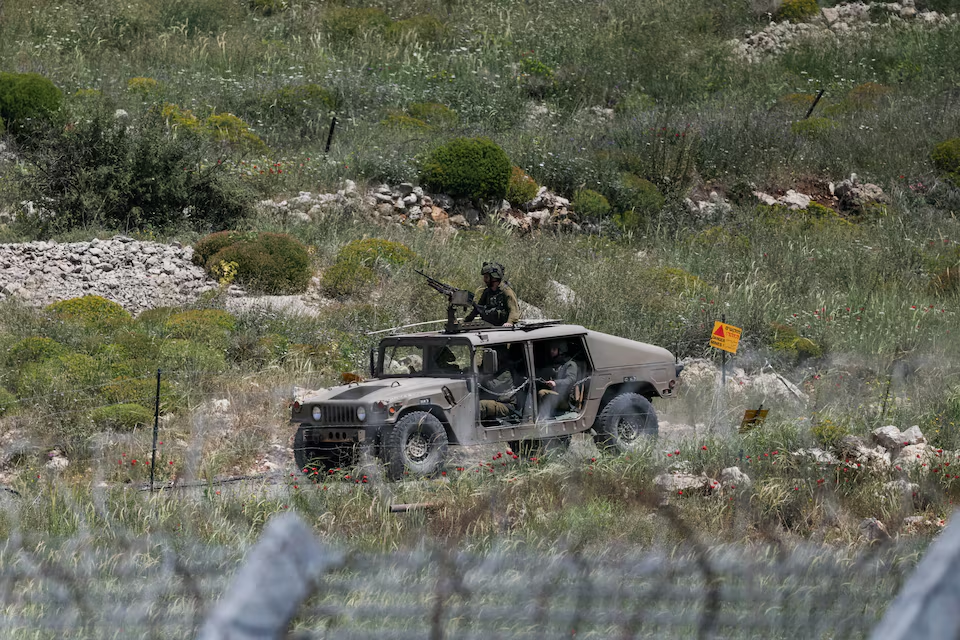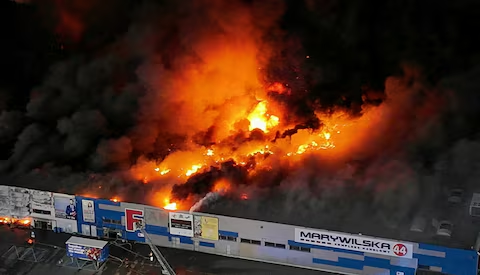An Israeli airstrike in Gaza has reportedly killed a Palestinian journalist, marking another deadly blow to the press community as the war continues to escalate. The incident, which occurred early Tuesday, brings the total number of journalists killed in the conflict to over 100, according to regional media watchdogs.
Local reports confirm that the journalist, identified as Ahmed Abu Shammala, was killed in an air raid that struck the al-Salam neighborhood in Rafah, one of the last areas where displaced civilians and aid groups are operating under increasingly dire conditions. Abu Shammala was reportedly working for a local media outlet and had been documenting the aftermath of previous Israeli strikes in the southern part of the Gaza Strip.
Video and photographic evidence shared online show the aftermath of the attack, with emergency crews recovering Abu Shammala’s body from the rubble. His press vest was visible, and his camera lay nearby. Colleagues described him as a dedicated field reporter who had been working despite the extreme risks of covering the conflict.
The Palestinian Journalists Syndicate strongly condemned the killing, calling it part of a systematic campaign by Israel to suppress media coverage of events in Gaza. “Israel is deliberately targeting journalists to silence the truth and cover up war crimes,” the syndicate said in a statement.
Israeli military officials have not commented specifically on Abu Shammala’s death but reiterated in broader terms that their strikes target Hamas infrastructure and operatives. However, media advocacy groups argue that the rising death toll among reporters cannot be explained away as collateral damage.
Reporters Without Borders (RSF) issued a renewed call for international accountability. “The number of journalists killed in Gaza is without precedent in the modern history of war reporting,” RSF said. “This must be investigated by independent international bodies as potential war crimes.”
The Committee to Protect Journalists (CPJ) echoed the alarm, stating that the Gaza Strip has become the deadliest place in the world for journalists since the conflict erupted. “The systematic killing of media professionals must end immediately. Journalists are civilians and must be protected under international law,” CPJ wrote on social media.
Abu Shammala is the latest in a growing list of media workers killed while performing their duties. His death comes just days after another airstrike in northern Gaza claimed the lives of two freelance reporters and injured three others. Many of those killed had been working in temporary shelters or makeshift offices, often wearing clearly marked press gear.
Human rights organizations say the conditions for journalists in Gaza have deteriorated beyond recognition. With access to electricity, mobile networks, and safe housing rapidly vanishing, reporters are forced to work under life-threatening circumstances. Several international outlets have lost contact with their local contributors in recent weeks, raising fears of more unreported casualties.
International reactions to the mounting journalist death toll have been swift but limited in consequence. The UN Special Rapporteur on Freedom of Expression, Irene Khan, expressed outrage over Abu Shammala’s death, calling it “a damning indictment of the world’s failure to protect journalists in war zones.”
Calls are also growing for the International Criminal Court (ICC) to open an inquiry into the targeting of journalists. Legal scholars note that under the Geneva Conventions, intentionally targeting journalists who are not directly participating in hostilities may constitute a war crime.
Despite the risks, many Palestinian journalists continue to document the conflict, often with little more than mobile phones and personal cameras. For many, the goal is not just to report the news, but to provide a record of suffering, survival, and resistance.
Ahmed Abu Shammala is survived by his wife and three children. His colleagues vow to continue his work, even as the airstrikes show no sign of slowing.
“Ahmed died doing what he believed in—telling the world what is happening here,” one of his fellow journalists said. “We won’t stop. The world must see.”
Source: Middle East Eye – Live Blog



